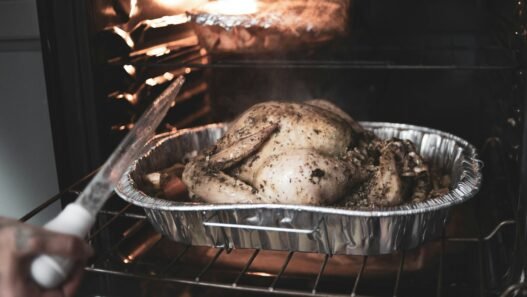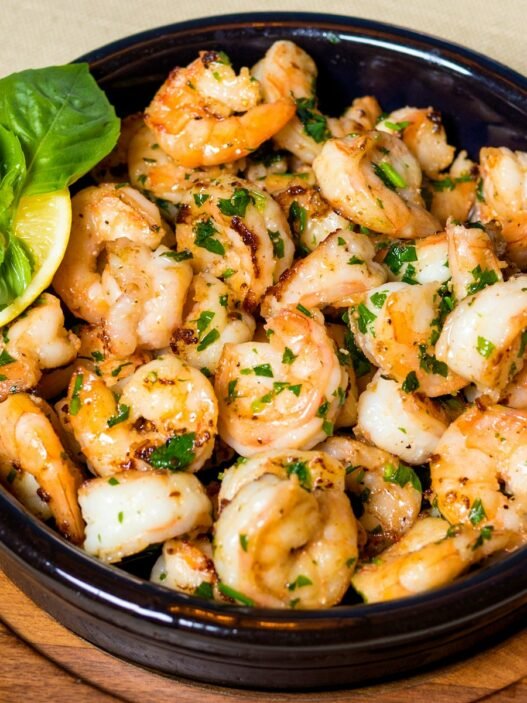The ketogenic diet, or keto diet, has become a popular method for weight loss, praised for its ability to help people shed pounds quickly by switching the body’s fuel source from carbohydrates to fats. However, not everyone experiences the same results, and some people find themselves asking, “Why am I not losing weight on the keto diet?” If you’re one of those people, don’t worry—you’re not alone. Let’s explore the possible reasons and what you can do to kickstart your weight loss again.
1. Hidden Carbohydrates in Your Diet
One of the most common reasons for not losing weight on the keto diet is the unintentional consumption of hidden carbohydrates. The keto diet requires a strict limitation of carbs, typically around 20-50 grams per day. Even small amounts of carbs hidden in sauces, dressings, and processed foods can add up quickly, potentially kicking you out of ketosis.
Solution: Carefully read food labels and be mindful of the carb content in everything you consume. Consider tracking your food intake with a keto-friendly app to ensure you’re staying within your carb limits.
2. Eating Too Many Calories
While the keto diet is high in fats, it’s still possible to consume too many calories. Fats are more calorie-dense than carbohydrates or proteins, and overeating them can lead to weight gain or stall weight loss.
Solution: Monitor your portion sizes and overall calorie intake. Although you don’t need to be as strict as on a low-fat diet, keeping an eye on how much you’re eating can help prevent overconsumption.
3. Not Enough Physical Activity
Diet plays a significant role in weight loss, but physical activity is also crucial. If you’re not exercising or leading a sedentary lifestyle, it could be hindering your weight loss progress on the keto diet.
Solution: Incorporate regular exercise into your routine. This doesn’t necessarily mean hitting the gym every day; even walking, yoga, or home workouts can make a difference. Aim for a mix of cardio and strength training to boost metabolism and burn calories.
4. Consuming Too Much Protein
The keto diet is moderate in protein, but consuming too much can cause a process called gluconeogenesis, where excess protein is converted into glucose. This can increase your blood sugar levels and potentially kick you out of ketosis, which can hinder weight loss.
Solution: Stick to the recommended protein intake for the keto diet, which is typically 20-25% of your daily calories. Focus on high-fat, moderate-protein foods to maintain ketosis and promote weight loss.
5. Not Being in Ketosis
If you’re not losing weight, you might not actually be in ketosis. Ketosis is the metabolic state where your body burns fat for fuel instead of carbs, and it’s essential for the keto diet’s effectiveness. Various factors, including hidden carbs and stress, can prevent your body from reaching or staying in ketosis.
Solution: Test your ketone levels using ketone strips or a blood ketone meter to ensure you’re in ketosis. If you’re not, review your diet and lifestyle to identify potential issues, such as hidden carbs or too much stress.
6. Stress and Lack of Sleep
Stress and lack of sleep can significantly impact weight loss on any diet, including keto. Stress increases cortisol levels, which can lead to weight gain, especially around the belly. Lack of sleep can also disrupt your hormones, making you feel hungrier and less satisfied after meals.
Solution: Prioritize stress management and ensure you’re getting enough sleep. Techniques such as meditation, deep breathing, and establishing a regular sleep schedule can help. Aim for at least 7-8 hours of quality sleep per night.
7. Not Drinking Enough Water
Hydration is often overlooked but is crucial for weight loss. Dehydration can slow down your metabolism, cause water retention, and make you feel hungrier, all of which can hinder your progress on the keto diet.
Solution: Drink plenty of water throughout the day. A good rule of thumb is to drink half your body weight in ounces of water daily. Staying hydrated can help boost metabolism, reduce hunger, and improve overall well-being.
8. Your Body Needs More Time to Adjust
For some people, it may take longer to start losing weight on the keto diet. Your body needs time to adjust to burning fat for fuel instead of carbs, and this adaptation period can vary from person to person.
Solution: Be patient and give your body time to adjust. If you’ve been on the keto diet for only a few weeks, it may take a little longer to see significant weight loss. Stick with the diet, and continue monitoring your progress.
9. Underlying Medical Conditions
In some cases, an underlying medical condition could be preventing you from losing weight on the keto diet. Conditions such as hypothyroidism, polycystic ovary syndrome (PCOS), and insulin resistance can make weight loss more challenging.
Solution: If you suspect a medical condition is affecting your weight loss, consult with a healthcare professional. They can perform the necessary tests and provide guidance on how to manage your condition while following the keto diet.
10. Not Enough Fiber
While the keto diet is low in carbs, it’s still important to get enough fiber. A lack of fiber can lead to digestive issues, including constipation, which can make you feel bloated and may affect your weight loss.
Solution: Include plenty of low-carb, high-fiber vegetables in your diet, such as leafy greens, broccoli, and Brussels sprouts. These foods provide the necessary fiber without kicking you out of ketosis.
Conclusion: Why Am I Not Losing Weight on the Keto Diet?
If you’re asking yourself, “Why am I not losing weight on the keto diet?”, it’s essential to evaluate your current habits and make adjustments where needed. Hidden carbs, too many calories, lack of exercise, and stress are common culprits that could be stalling your progress. By addressing these factors and making mindful changes, you can get back on track and achieve your weight loss goals on the keto diet.
Remember, patience is key. Weight loss isn’t always linear, and it may take time for your body to adjust. Keep going, and don’t hesitate to seek support or professional advice if needed.






















